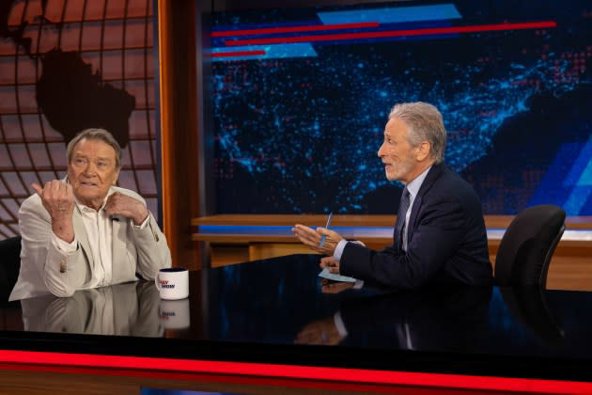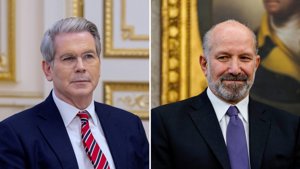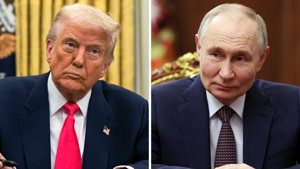
CBS Faces Backlash Over $30M Trump Settlement
CBS and Paramount’s $30 million settlement with Trump sparks fierce debate, with media veterans calling it a “shakedown.”
Media Icons Criticize CBS’ Settlement Decision
The announcement that CBS and its parent company, Paramount Global, agreed to pay President Donald Trump a settlement reportedly worth over $30 million has triggered public outrage and pointed criticism from prominent media figures. Longtime “60 Minutes” correspondent Steve Kroft and “Daily Show” host Jon Stewart were among the most vocal, branding the move as capitulation to a “shakedown” and raising concerns about its impact on press freedom and the future of journalism.
Kroft, who spent three decades at CBS before retiring in 2019, appeared on Comedy Central’s “The Daily Show” to discuss the settlement. Speaking candidly with Stewart, Kroft revealed that former colleagues at “60 Minutes” were deeply troubled by the resolution, which stemmed from Trump’s “election interference” lawsuit alleging CBS News manipulated an interview with then-Vice President Kamala Harris to benefit her image ahead of the election. Kroft pointed to widespread fear in the newsroom—fear for jobs, for the country, and for the First Amendment.
Both Kroft and Stewart defended “60 Minutes,” asserting there was no wrongdoing and emphasizing that CBS did not issue an apology. “They never said, ‘We screwed up,’ they just paid the money,” Kroft said, bluntly adding, “It was a shakedown. That’s what I call it. Some people call it extortion.”
Settlement Linked to High-Stakes Merger
The settlement comes as Paramount’s controlling shareholder, Shari Redstone, reportedly seeks approval from the Trump administration’s FCC for a major merger with Skydance Media. Stewart pressed Kroft on whether the settlement was simply a way to ensure the merger’s approval and Redstone’s multibillion-dollar payout. Kroft suggested the deal was motivated by both financial interests and Trump’s desire to “settle a score” with “60 Minutes.”
Details of the settlement include an upfront $16 million payment toward Trump’s future presidential library and additional funds earmarked for advertising and conservative public service announcements by the network’s new ownership. Stewart likened the scenario to a scene from “Goodfellas,” calling it suspiciously close to illegal. “That sounds illegal,” he said. Kroft agreed, responding, “Yes, it does.”
Paramount defended its decision, stating that settlements are often preferable to protracted legal battles, which can be costly, unpredictable, and damaging to business operations. “Companies often settle litigation to avoid the high and somewhat unpredictable costs of legal defense, the risk of an adverse judgment that could result in significant financial or reputational damage, and the disruption to business operations that prolonged legal battles can cause,” a spokesperson said. The settlement, they argue, allows the company to focus on its primary objectives instead of lingering disputes.
Media Industry Faces New Precedent
The CBS settlement is not an isolated incident. ABC paid $15 million to resolve a defamation suit from Trump, along with $1 million in legal fees, after anchor George Stephanopoulos made incorrect on-air statements about Trump’s civil trial. These cases raise serious questions about how media organizations handle high-stakes legal threats from political figures, the potential chilling effects on investigative journalism, and the independence of the press in an era of heightened polarization.
As debate continues, media professionals, legal experts, and the public are left to ponder the broader consequences: Will major settlements embolden further legal actions against news organizations? And what precedent does this set for the delicate balance between press freedom, legal risk, and business interests in the American media landscape?






